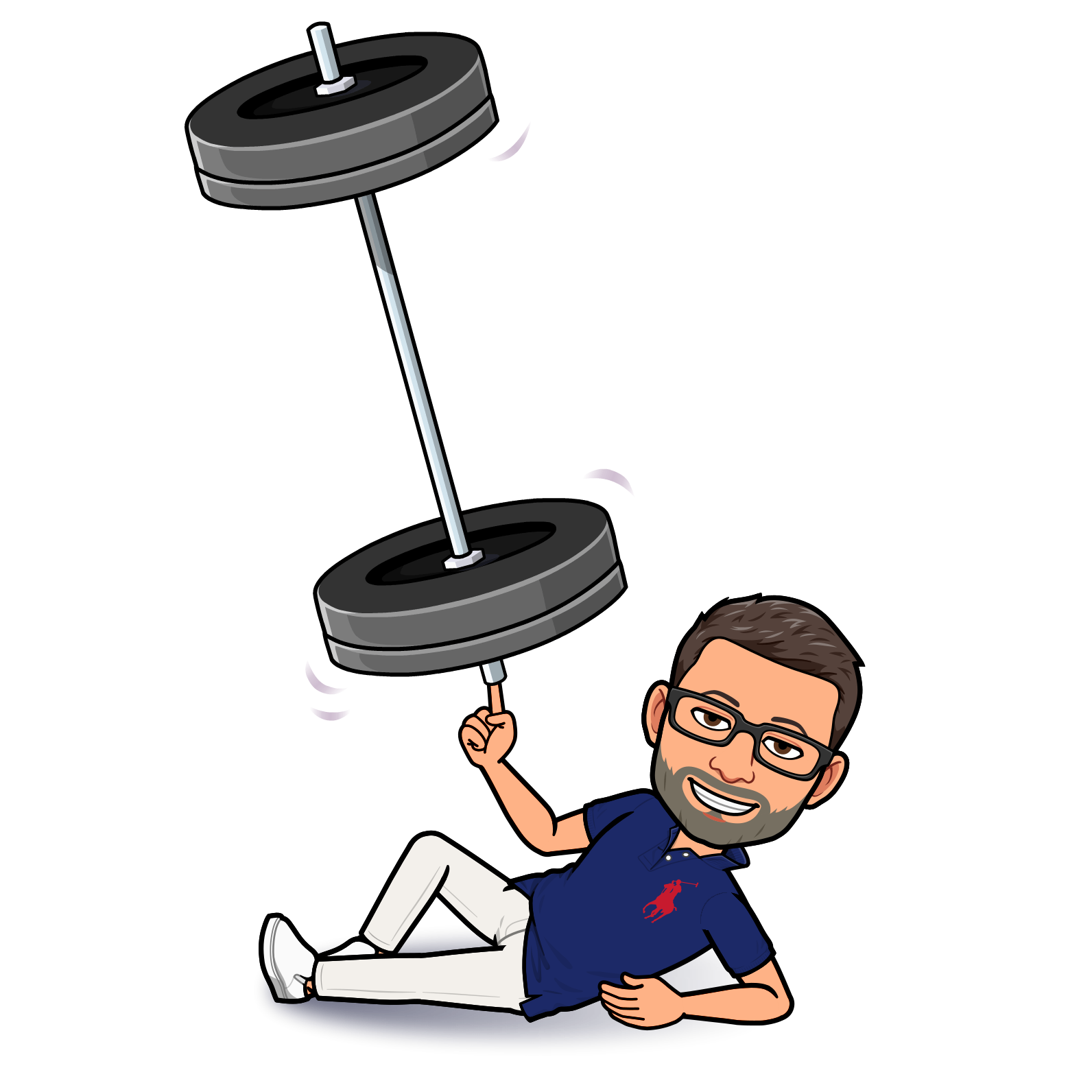
Zoë THE PROJECT MANAGER
Zoë had completed her Project Manager training two years previously, and was struggling to do anything substantial with it.
She had managed increasingly larger projects, but mostly they were the same thing over and over again. Follow the checklists. Chase people for tasks. Produce management presentation packs. Deal with high-level budget approvals against Cost Centres provided by the Portfolio Management Office (PMO) who would occasionally conduct an audit on her projects. Request more budget, more time, a reduction in scope. Find the person or the group who were holding things up and escalate.
Occasionally, find someone who was not doing what they were meant to, and remove them from the project code!
Was that it?
Then, there was the rise of agile (or DevOps, Digital, Big Data, ML and now AI). More of the same, just with extra checklists to follow. Before deciding to do more training in large Programme Management, Zoë came to see me, just in case there was something she was missing.
“So, you’re doing traditional Project Management? Great! Can I see your Project Identification Document (PID)?”
It all went downhill rapidly from there.
“Yes, I am trained properly in traditional Project Management, and I do that in my current employer successfully for 2 years, but we don’t do a PID or any of those things you are asking”
Zoë paused. “Erm … are we supposed to be? Because no one else here does those things! And what about agile? You know - no documentation!”
And so we explored why all those things matter, and how they fit together to support great project management and delivery of outcomes. Coaching needs shifted radically as Zoë became more involved in defining and governing Project Management Standards, including proper domain modelling, stakeholder management and network growing. The organisation was able to distinguish for itself what a project, product or service were. Also agile, DevOps, Digital, Big Data, ML and even AI now.
Along the way Zoë was assigned to increasingly larger budgets and complex projects, repeatedly adding real value by simplifying repeatedly whenever and wherever she could. Zoë’s definitely no longer a “traditional Project Manager” but she is adding immense value to all the deliveries she leads, as well as organisationally through all the value-adding standards she has brought in.